Applying face masks is one of the essential steps in facial skincare routines. Face masks serve various purposes depending on the user’s needs. However, not every woman knows how often to use face masks to achieve optimal effectiveness.
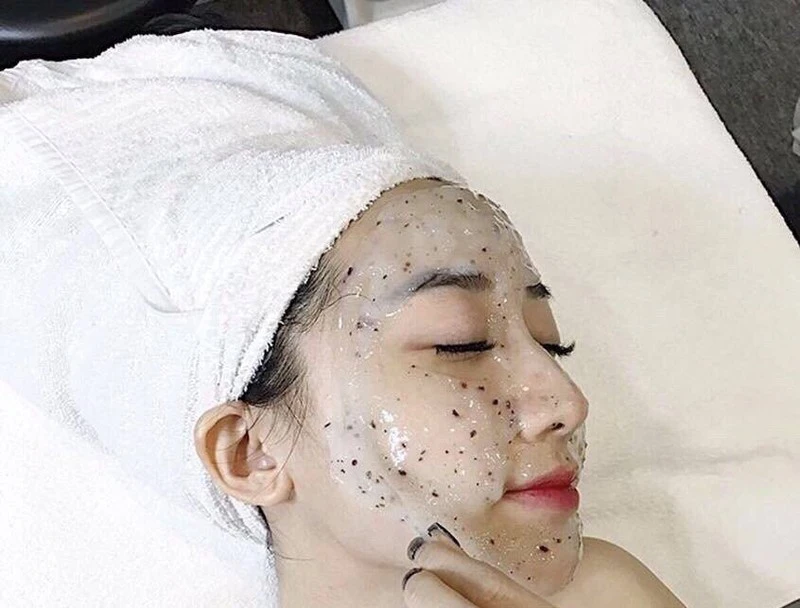
According to dermatology experts, the frequency of applying nourishing face masks largely depends on your skin type, the purpose of usage, and the type of mask you’re using. Some masks work best when used once a week, while others can be used more frequently, up to three times a week. Ideally, women should read the usage instructions on the label or packaging accompanying the mask for detailed information. Most of these instructions will explain the frequency you can use the mask, based on the formula and strength of the ingredients.
- Some commonly used types of face masks
Unlike skincare products like moisturizers, toners, or serums that provide long-term results, face masks typically offer temporary benefits. However, using masks for significant events can temporarily give you brighter skin and soothe any redness or irritation.
- Clay and Mud Masks
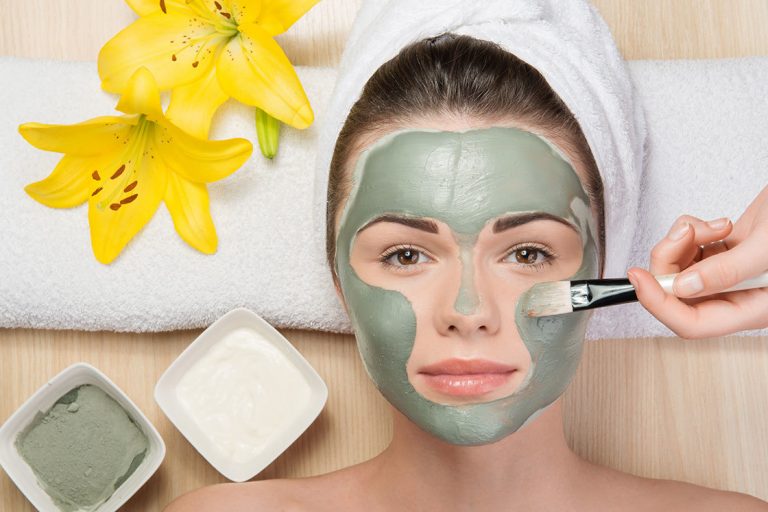
Clay and mud masks are highly popular. You can distinguish these masks visually by their texture and color (green, brown, or gray). Their functions include detoxification, oil absorption, and dirt removal from pores.
According to dermatologists, clay and mud masks are suitable for those with acne-prone skin, oily skin, combination skin, or dull complexion. These masks are effective in absorbing oil, so the recommended duration for wearing them is a maximum of 15 minutes per session and up to three times a week.
- Activated Charcoal Masks
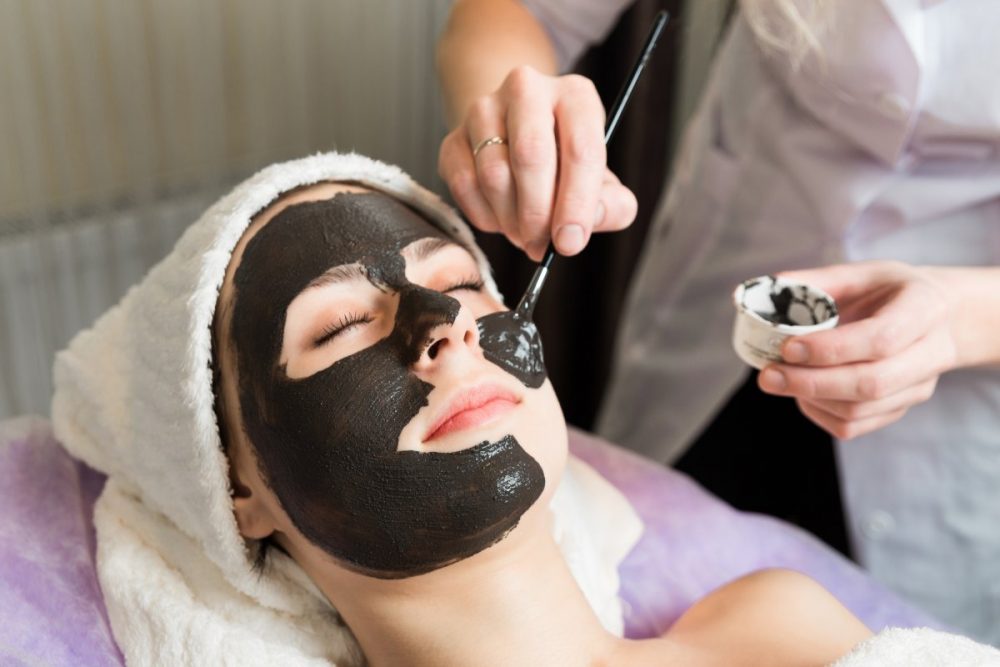
Activated charcoal finds application in various fields such as medicine, health, and skincare. In medicine, activated charcoal helps detoxify the liver and effectively detoxifies the body. In skincare, activated charcoal masks are believed to remove impurities and help treat acne. Activated charcoal masks are suitable for those with acne-prone skin, oily skin, and combination skin.
Similar to clay and mud masks, activated charcoal masks should only be left on the face for 15 minutes and applied once or twice a week. For sensitive, acne-prone, or easily irritated skin, it’s advisable to use activated charcoal masks once a week or once every two weeks.
- Cream or Gel Masks
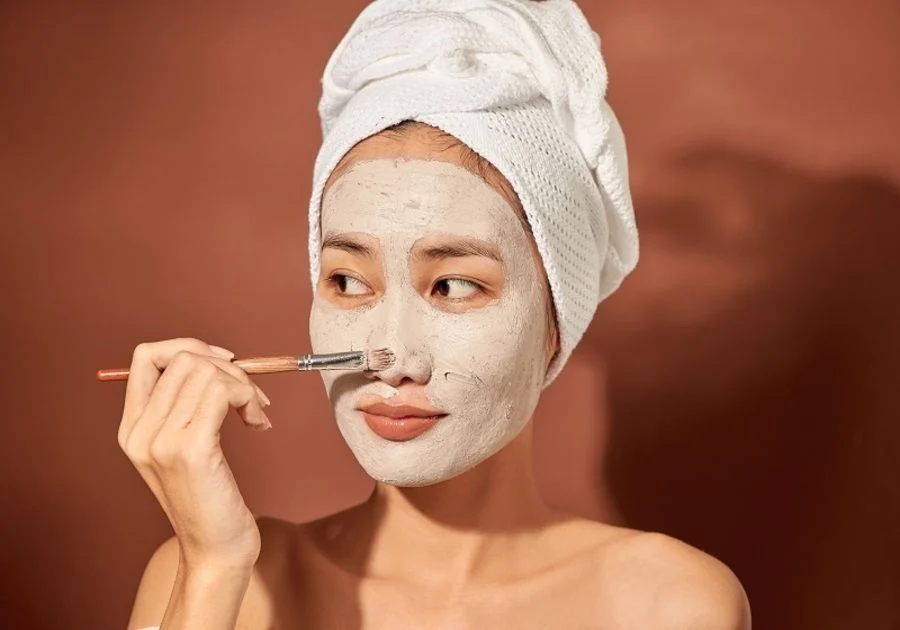
Cream masks moisturize the skin by deeply nourishing dry cells. Gel masks work similarly while also helping to retain water and gently cooling the skin. In general, cream and gel masks are suitable for all skin types, including dry, sun-damaged, or sensitive skin.
Most cream and gel masks can be used three times a week, and some formulas are designed for nightly use, such as overnight masks.
- Sheet Masks
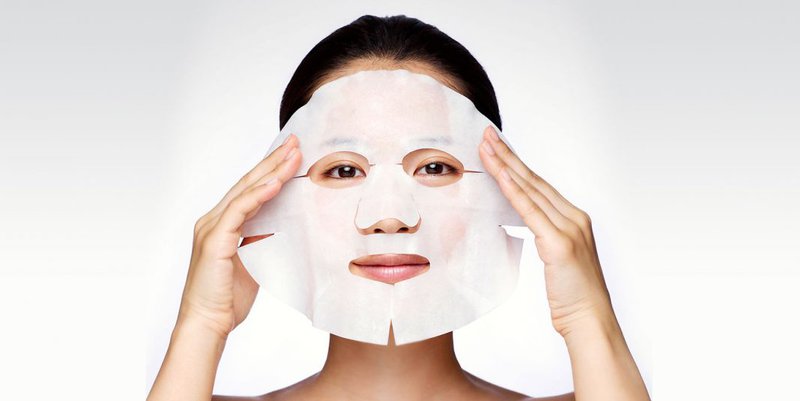
Sheet masks come in various formulas for different skin types. Those containing AHA or BHA ingredients effectively exfoliate dead cells, while those with ceramide provide moisture to dry skin. According to dermatologists, sheet masks can be used for all skin types.
This type of mask can be used daily instead of serum in the skincare routine.
- Natural Masks

Homemade natural masks using easily available ingredients like honey, oats, and cucumbers also provide similar skincare benefits. However, avoid making masks with acidic ingredients like lemon juice and apple cider vinegar, as they can exacerbate skin issues. Also, limit the application time to 15 minutes per session and a maximum of a few times per week.
Before applying any mask to your face, perform a patch test on a small area along the jawline to ensure it doesn’t irritate. If any of the masks cause severe reactions such as breakouts, redness, or itching, discontinue use immediately and seek advice from dermatologists to select a suitable mask type.

